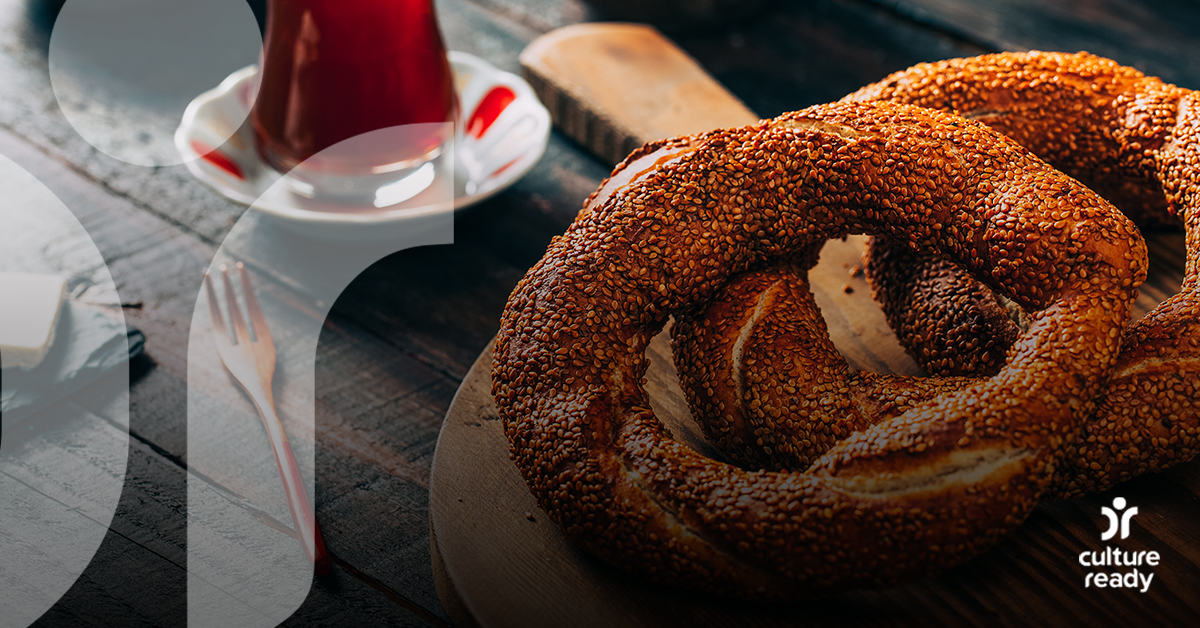Paying it Forward with Bread in Turkey
In Turkish bakeries, you may notice bags of fresh bread suspended on a hook. Called “askıda ekmek,” this custom is an ancient example of paying it forward. “Askıda ekmek” translates to “bread on a hanger” and is a charitable act dating back to the Ottoman empire.
In Western countries, paying it forward in restaurants and cafes has become a common practice. In Italy, “caffè sospeso” or “suspended coffee” is when a person buys two coffees, takes one, and leaves the other for someone else to enjoy. In the United States, people will pay for their meal and the next person’s at the drive-thru.
When practicing “askıda ekmek,” a customer buys two loaves of bread from a bakery and only takes one. The other loaf will be bagged and placed on a hook. If someone comes in and asks, "Is there any bread on the hook?", they can take that loaf for free.
“Askıda ekmek” is an important part of the local Turkish culture and religion. Historians have tied the practice to the Muslim pillar of faith known as “zakat,” which focuses on acts of charity.
The tradition surrounding “zakat” shows the importance of not embarrassing the poor when they receive charity, and it’s why “askıda ekmek” keeps the identity of the person accepting the free bread from the donor.
Before paying it forward with bread became the norm, discrete donations took place near mosques. People would leave “sadaka tasi or “charity stones” by the mosques and place extra money inside them so that the less fortunate could accept the gift without others knowing.
Because people who practice Islam believe bread sustains life, it then became the focus of charitable acts. Even the sultans of the Ottoman Empire encouraged people who were better off to provide for those in need.
Learn More:
Turkey's Ancient Tradition of "Paying it Forward"
